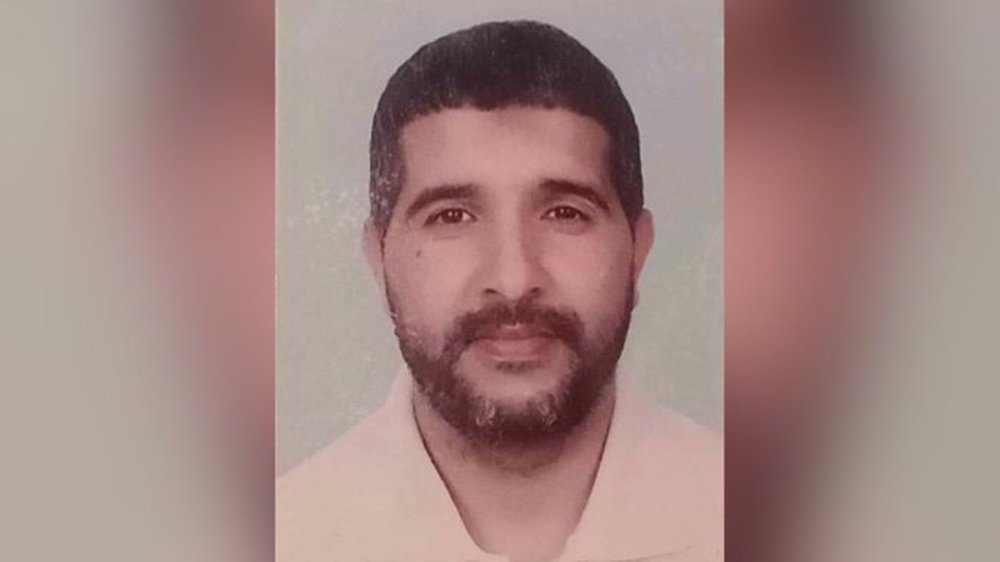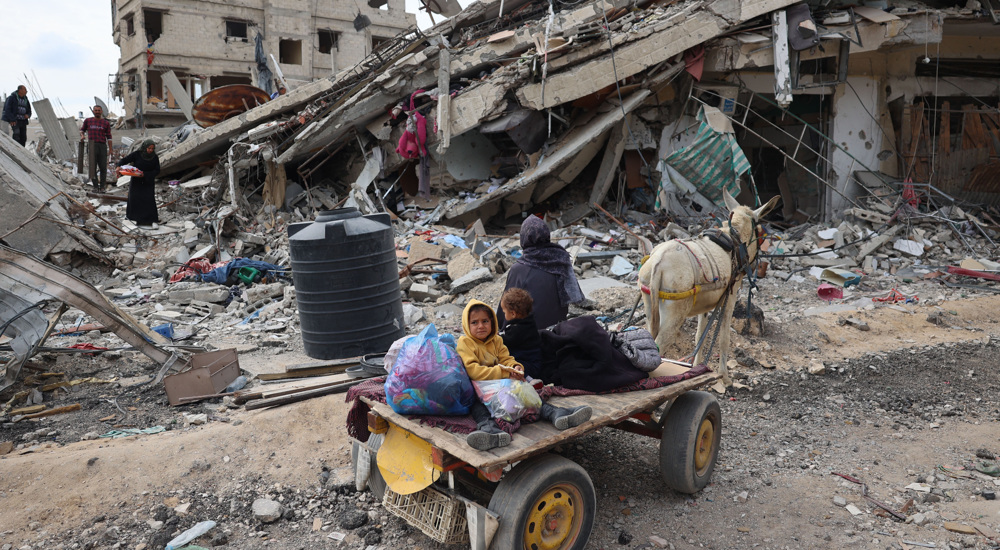Ghannouchi re-elected as Tunisia's Ennahda party chief
Rached Ghannouchi has been re-elected as the leader of Tunisia's Ennahda party by a landslide majority.
According to local media, Ghannouchi received 800 votes - about 570 more votes than his nearest rival - during a three-day congress held by the party.
Ghannouchi, 74, said his party is a “Tunisian movement that is evolving with... Tunisia and is part of its evolution.”

“From today, we are seriously moving towards becoming a national and civil political party with an Islamic core, which operates under the country's constitution and inspires Muslim and modern values,” he added.
Ghannouchi along with others inspired by Egypt's Muslim Brotherhood established the Islamic Tendency Movement in 1981 which became Ennahda in 1989.
After living in exile for 20 years, Ghannouchi returned to Tunisia in 2011 when former dictator Zine El Abidine Ben Ali was toppled in an uprising.
Following the revolution, Ghannouchi’s party won the majority of seats in the country’s legislative elections in October 2011 but had to step down amid a deep political crisis two years later.
Nidaa Tounes, founded by the current President Beji Caid Essebsi, beat Ennahda in 2014 elections and went on to form a coalition government in the North African country.
In 2015, divisions within Nidaa Tounes resulted in the party losing its parliamentary majority with 54 seats, leaving Ennahda with 67 seats.
Ennahda opened the three-day meeting on Friday in the town of Hammamet, which was attended by about 1,200 Ennahda delegates to discuss the party’s future and adopt economic, political and social roadmaps.
On the eve of the meeting, French daily Le Monde published an interview with Ghannouchi in which he said there was no longer any room for “political Islam” in Tunisia after the Arab Spring which took over many countries by storm.
“Tunisia is now a democracy. The 2014 constitution has imposed limits on extreme secularism and extreme religion,” he said.
US sanctions on Venezuelan oil ‘violation of human rights’: Iran
VIDEO | Hundreds of students take to streets in Milan in support of Palestine
UN warns hundreds of thousands of Sudanese under ‘immediate danger’
Iraqi resistance strikes ‘vital’ target in Eilat after Israel attacks PMU base
North Korea conducts cruise missile warhead test: State media
Israeli airstrike kills at least 7 people in Rafah
VIDEO | Iranians hold nationwide demos in support of IRGC
Syria condemns US veto of Palestine UN membership resolution










 This makes it easy to access the Press TV website
This makes it easy to access the Press TV website